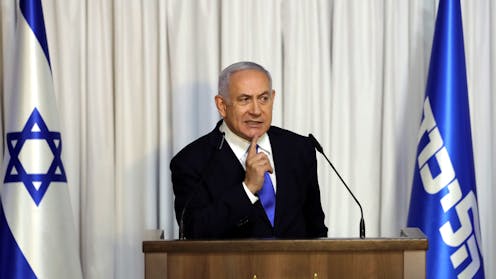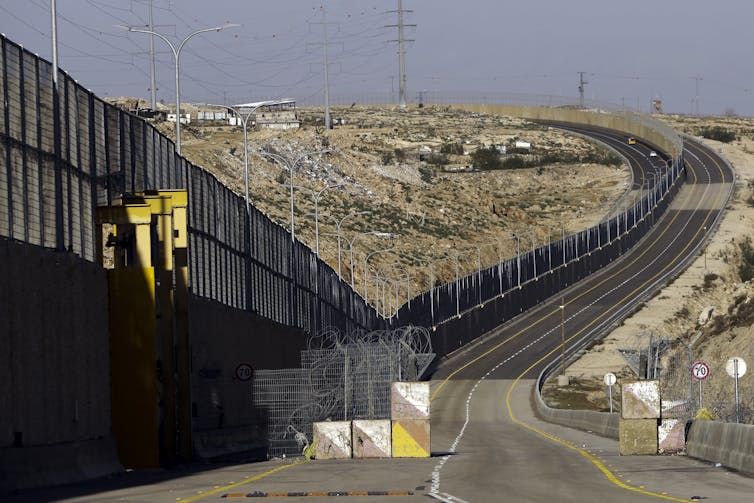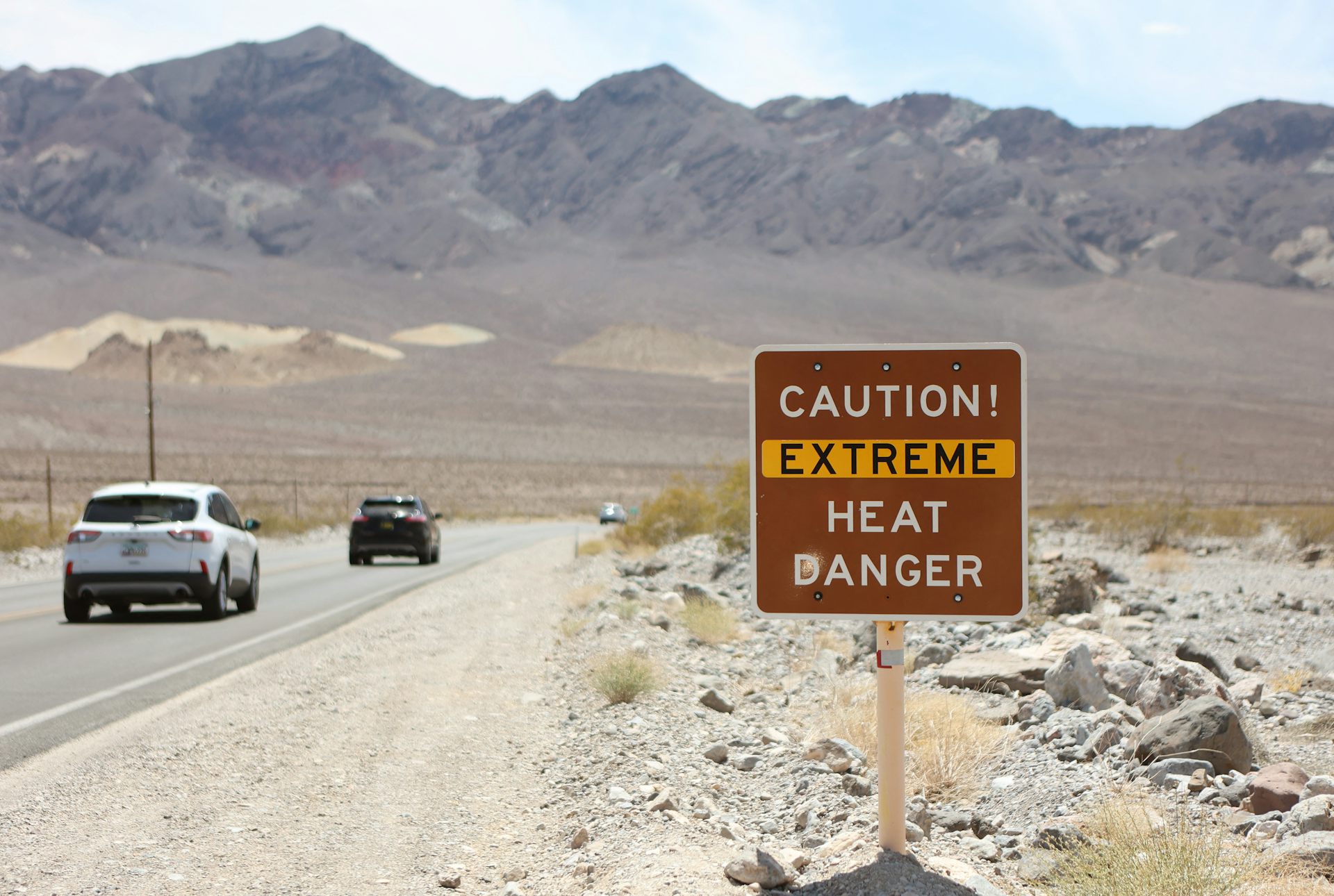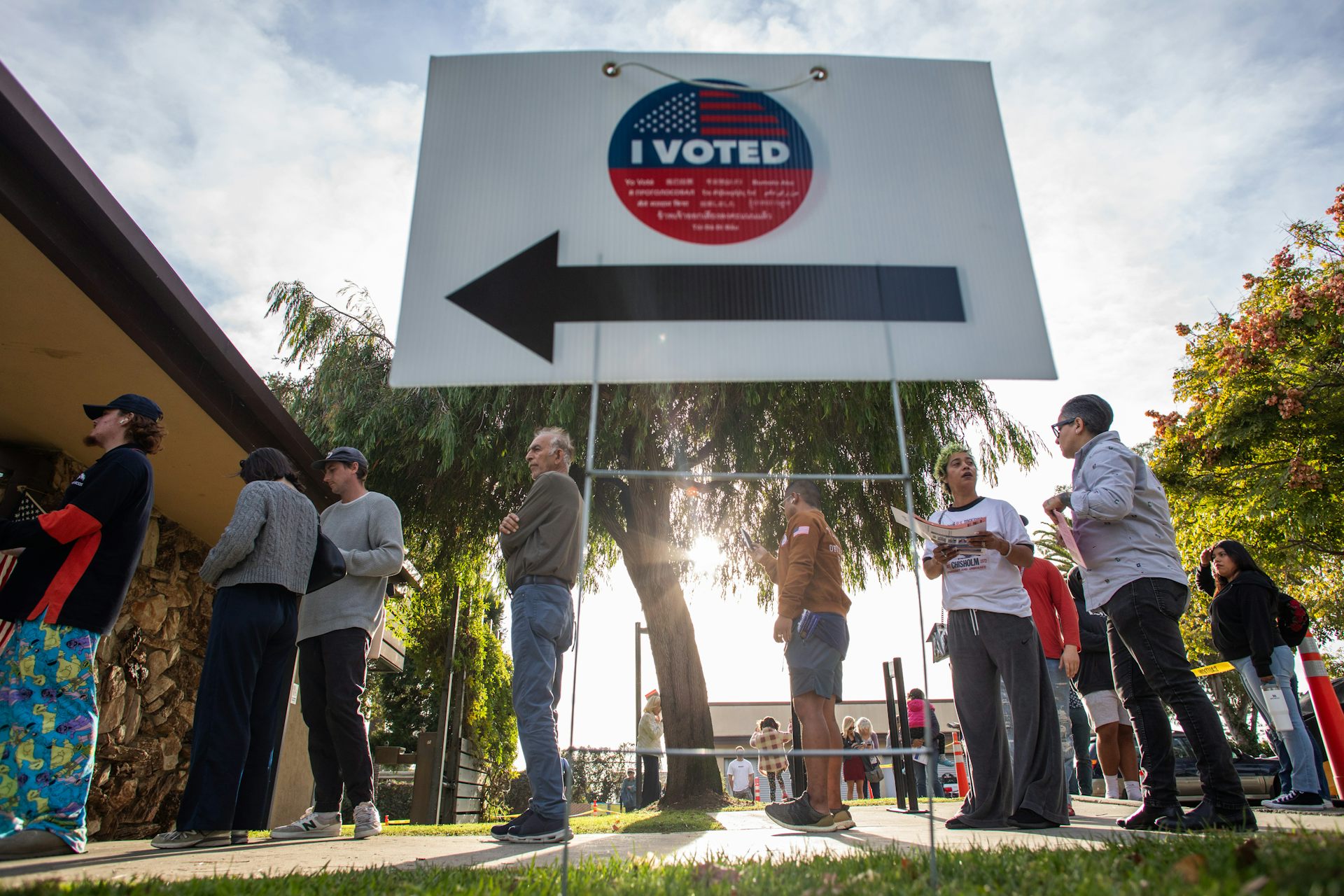Netanyahu’s hardline foreign policies may outlast his tenure
The longtime prime minister has reshaped Israel in profound ways. The military is stronger but Palestinian suffering has grown.

The upcoming indictment of Israeli Prime Minister Benjamin Netanyahu could end the long-serving conservative politician’s career. But even an abrupt exit would leave his hawkish policies in the Middle East intact.
The most serious allegation the prime minister faces is that he arranged for a telecommunications company to get a lucrative break in exchange for favorable media coverage. He will be indicted for charges stemming from three distinct corruption investigations, the country’s attorney general recently announced.
Those legal woes are complicated by political tumult. With a national election coming in April, he was already under fire for agreeing to ally with a far-right and racist political party to retain a majority of seats for his party, the Likud, in Israel’s fragmented parliamentary system.
As a scholar of Middle Eastern politics, I think that whenever his political career ends Netanyahu will largely be remembered internationally for three things. These are stymieing the emergence of a Palestinian state, enhancing Israeli military strength and opposing Iranian power in the Middle East.
Distancing Palestinians
Netanyahu, known as “Bibi” to most Israelis, served as prime minister between 1996 and 1999. He returned to power a decade later. He began his first term as prime minister in 1996 with two main qualities – extensive U.S. experience and a record as a security hawk.
The first quality meant he understood American politics and interest groups well, an advantage for keeping and enhancing strong U.S. government support for Israel.
The second set him up for success in a country in which the army is a key – and revered – national institution.
Netanyahu pledged to avoid compromising with Palestinians in the West Bank and Gaza areas under Israeli military control since 1967, and he allowed rapid expansion of Jewish settlements in the West Bank. He rarely wavered from these two policies.
His party was voted out of power in 1999, but returned to power amid the Palestinian uprisings that began in 2000. After nearly a decade in and out of Likud government cabinets, he became prime minister again in 2009.
Among his most tangible legacies is the physical barrier now separating West Bank Palestinians from Israelis, which gives Israeli authorities great control over how West Bank Palestinians enter Israel.
The barrier has kept Israeli Jews from much contact with Palestinians other than during military service.
This physical separation and a strong Israeli military presence have decreased Palestinian attacks within Israel and increased misery in Palestinian-controlled areas.
His approach has minimized pressure on Jewish Israelis to make a final deal that would trade occupied land for broader peace. It has also deprived Palestinians of some basic liberties and opportunities, particularly in Gaza.

Reinforcing security
Long-term massive U.S. foreign aid and military assistance and Netanyahu’s support have ensured that Israel’s army is far more powerful and well-equipped than the armed forces of any other nearby country.
Netanyahu has used this formidable military to strike hard when he deems necessary in Gaza, the area between Israel and Egypt that Israel unilaterally returned to Palestinian control in 2004. Hamas, a Palestinian group that advocates military action against Israel, is in charge of Gaza.
Reflecting the sentiments of a growing number of right-wing Jewish Israelis, Netanyahu has had a generally consistent response to ongoing concerns about Hamas, and Palestinians more generally. Israel, he says, awaits Palestinian consensus that Israel is a Jewish state, with Jerusalem as its capital, and with no right for Palestinians to return to their pre-1948 homes in Israel.
Many Palestinians find these conditions unfair in general, particularly as a precondition to negotiations.
Coupled with his government’s vast expansion of Jewish settlements in the West Bank, many veteran observers doubt that a two-state solution to the Israeli-Palestinian standoff remains possible.
Netanyahu has also sought relentlessly to curb Iran’s efforts to enhance its power through funding pro-Tehran militant groups in the Middle East.
Tehran’s leaders are unremittingly hostile towards Israel. Yet Netanyahu has played up this hostility to domestic and international audiences, even urging the U.S. to attack Iran.
The prime minister’s anti-Iranian campaign apparently paid off when the U.S. government withdrew from the multilateral nuclear agreement with Iran that the Obama administration negotiated. Netanyahu claims that he persuaded President Donald Trump to back out.
Reshaping Israeli alliances
Undermining Palestinian statehood, bolstering the military and countering aggressively the Iranian threat have had three important ramifications.
First, Israeli and American Jews have diverged increasingly on the ethics and importance of Palestinian autonomy.
Second, the prime minister’s long time in office and his willingness to fan racist flames have endeared him to other rulers who embrace authoritarian or divisive tactics, such as Russian leader Vladimir Putin, Hungarian Prime Minister Viktor Orbán and Trump.
Third, Netanyahu’s political longevity and positions have attracted the cautious recent support of key Arab leaders who seem more concerned about their stability and Iran’s politics than a Palestinian state.
Thus, Egypt, Saudi Arabia and the United Arab Emirates have growing levels of cooperation with Israel, and are themselves flexing military muscles in the broader region – most destructively in Yemen.
Netanyahu has helped reshape Israel and the broader Middle East in profound ways. It’s clear that the country’s military capacity and cooperation with the region’s wealthy Arab states have expanded. But I see the darker side of the prime minister’s emphasis on military and security solutions in the erosion of hopes for Palestinians and global support for Israeli politics.
David Mednicoff does not work for, consult, own shares in or receive funding from any company or organization that would benefit from this article, and has disclosed no relevant affiliations beyond their academic appointment.
Read These Next
Trump says climate change doesn’t endanger public health – evidence shows it does, from extreme heat
Climate change is making people sicker and more vulnerable to disease. Erasing the federal endangerment…
Nearly every state in the US has dyslexia laws – but our research shows limited change for strugglin
Dyslexia laws are now nearly universal across the US. But the data shows that passing a law is not the…
Citizenship voting requirement in SAVE America Act has no basis in the Constitution – and ignores pr
The House has passed a bill to require proof of citizenship for voting. Although it likely won’t become…





